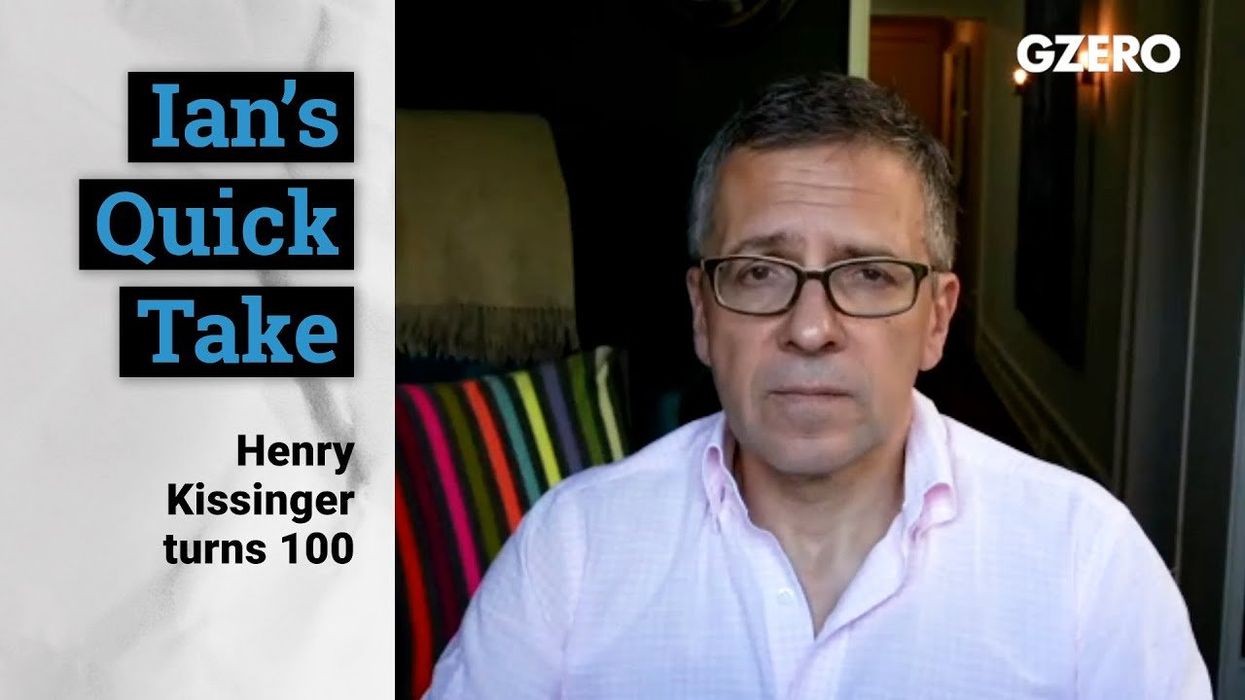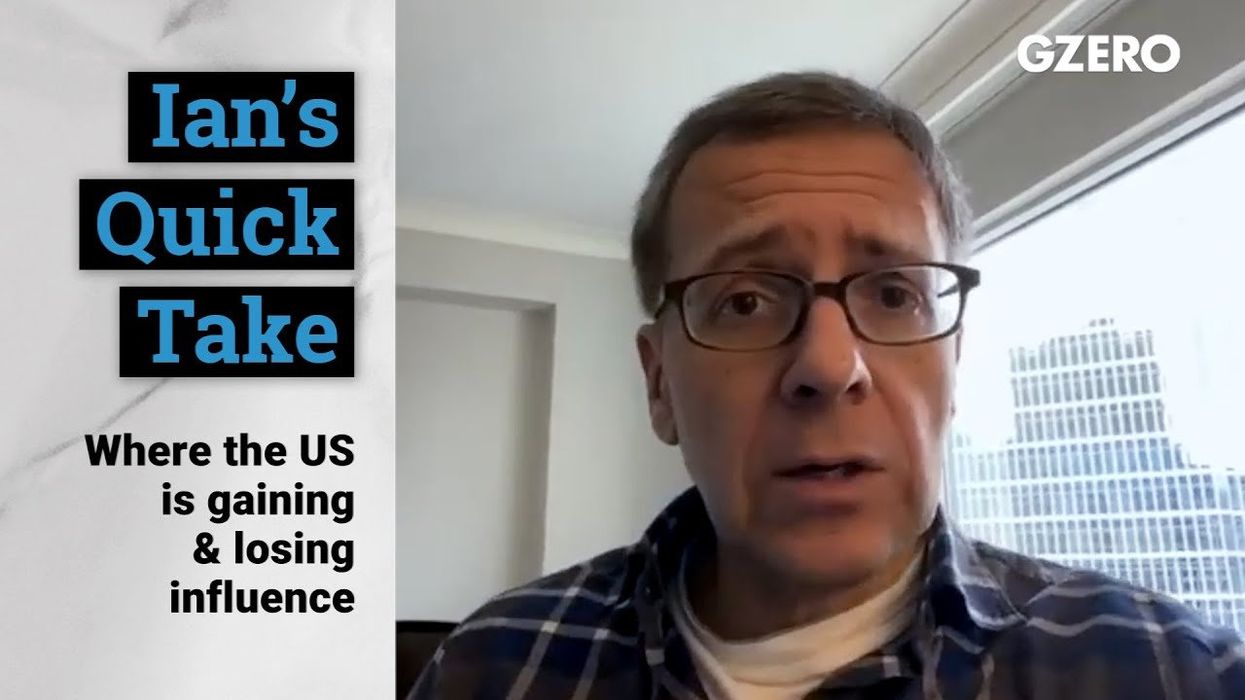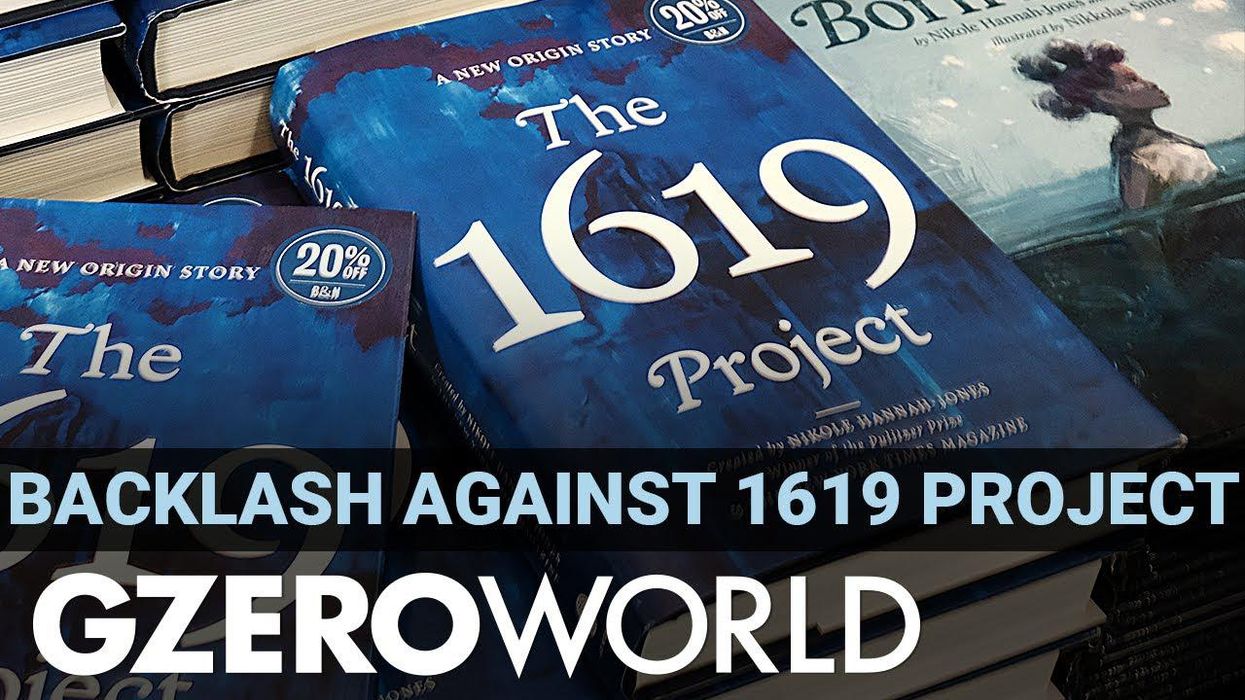Quick Take
Henry Kissinger turns 100
Ian Bremmer's Quick Take: I thought I'd talk for a bit about Dr. Kissinger since he's just turned 100 old. Lots of people have spoken their piece about how much they think he's an amazing diplomat, unique, and how much they think he's a war criminal, unique. And maybe not surprising to anyone, I'm a little bit in between those views.
May 30, 2023




